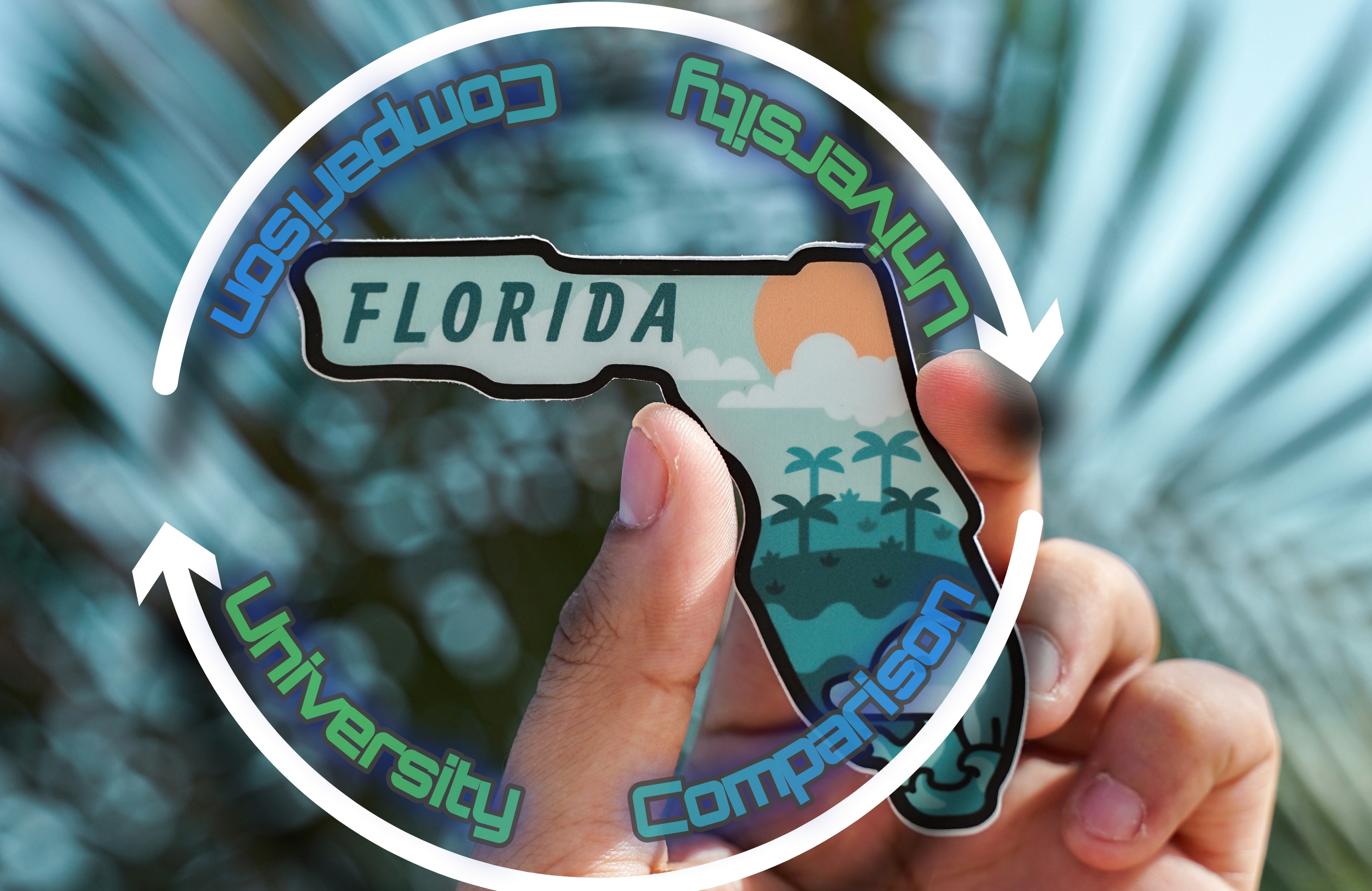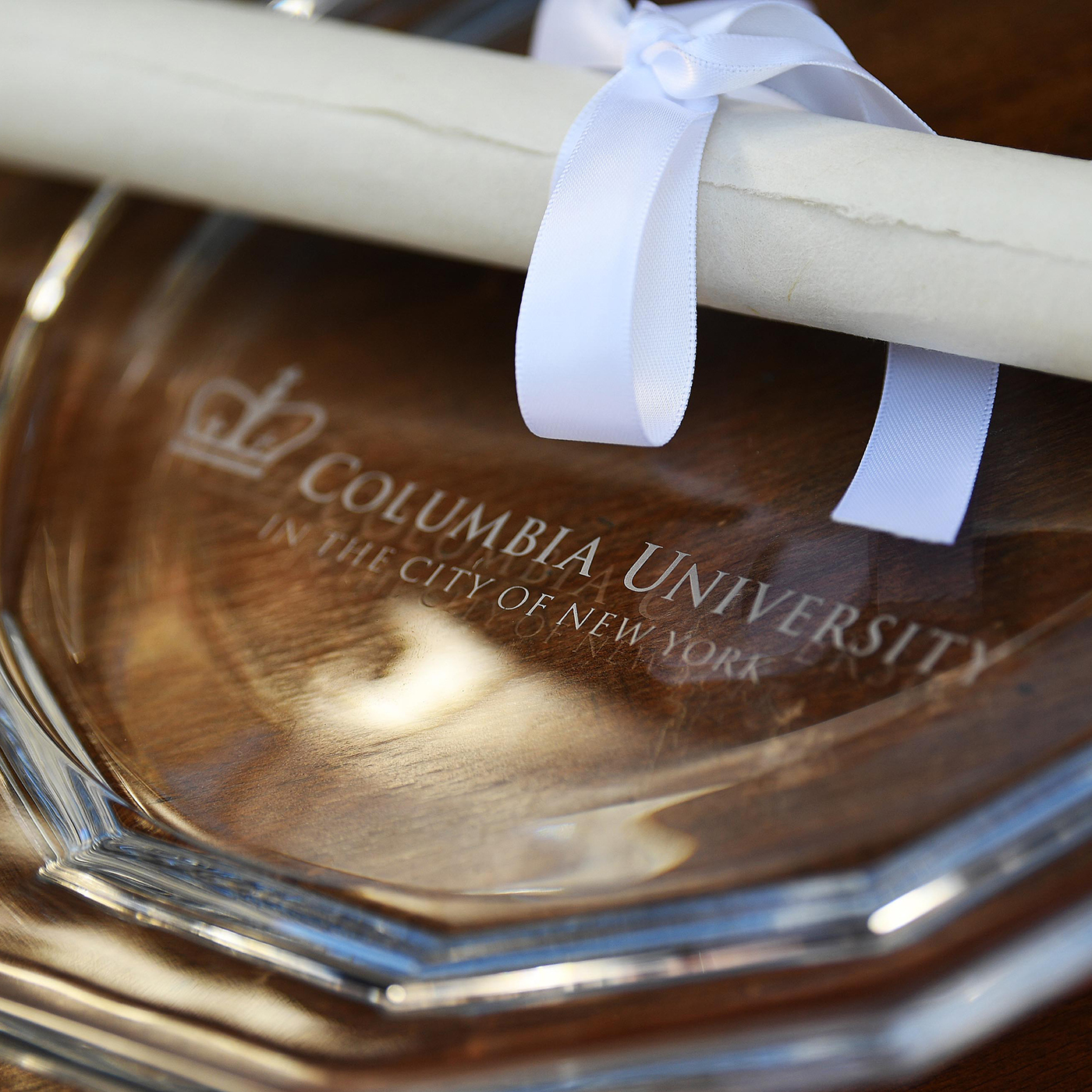University of Florida vs Florida State University
Choosing the right university is a significant decision that shapes not only your academic journey but also your personal growth. For many students in Florida and beyond, the choice often comes down to two prestigious institutions: the University of Florida (UF) and Florida State University (FSU). Both universities boast rich histories, vibrant campus communities, and strong academic programs, making the decision between them a tough one. Whether you’re a prospective student, an educator, or simply someone interested in higher education, understanding the nuances between UF and FSU is crucial for making an informed choice.
The comparison of the University of Florida and Florida State University. We’ll explore the historical backgrounds of these institutions, highlight key insights and benefits, address common challenges and misconceptions, and offer real-world examples to illustrate their impact. Finally, we’ll look ahead to future trends in higher education and how these universities are adapting to new challenges.
Historical Perspectives of UF and FSU
The University of Florida, established in 1853, is one of the oldest and most prestigious universities in the state. Located in Gainesville, UF has grown into a leading public research institution, known for its strong emphasis on science, engineering, and business programs. It is a member of the Association of American Universities (AAU), a prestigious group of top research universities in North America, highlighting its commitment to research excellence.
Florida State University, on the other hand, was founded in 1851 in Tallahassee, making it the oldest continuous site of higher education in Florida. FSU has a strong reputation for its arts and humanities programs, with a notable College of Motion Picture Arts and a highly ranked College of Law. The university’s vibrant campus life and rich traditions, such as the FSU Marching Chiefs and the iconic “War Chant,” contribute to a strong sense of community and school spirit.
Both universities have made significant strides in academic excellence, with UF often ranked slightly higher in national and global rankings. However, FSU’s specialized programs, particularly in the arts, law, and humanities, have earned it a distinctive reputation.
Academic and Campus Life at UF and FSU
When comparing UF and FSU, one of the key factors to consider is the difference in academic strengths. UF is known for its rigorous programs in engineering, business, and medicine, often attracting students interested in STEM fields. The university’s research facilities are state-of-the-art, offering students opportunities to engage in cutting-edge research projects.
FSU, on the other hand, shines in the arts, humanities, and social sciences. Its College of Motion Picture Arts is recognized as one of the best in the nation, producing successful filmmakers and screenwriters. FSU also excels in law, with a highly regarded law school that offers a range of specialized programs.
Campus life at both universities offers a unique experience. UF’s campus in Gainesville is often described as a quintessential college town, with a lively atmosphere centered around the university. The town’s blend of academic and social life, coupled with its warm weather and proximity to major Florida attractions, makes it an attractive option for students.
FSU’s campus in Tallahassee, the state capital, offers a different vibe. As a major center of government, students at FSU have access to unique internship opportunities in state politics and public administration. The campus is steeped in tradition, with a strong emphasis on community and school spirit, often showcased during sporting events and other university-wide activities.
Challenges and Misconceptions Addressing the Myths
One common misconception is that UF, being ranked higher overall, is automatically the better choice for all students. While UF’s academic reputation is impressive, FSU offers specialized programs that might be a better fit for students with specific interests, particularly in the arts and humanities.
Another challenge prospective students face is the perception of competitiveness. UF is known for its competitive admissions process, which can be daunting for some applicants. However, both universities have high standards, and it’s essential to consider your academic and extracurricular strengths when applying.
Additionally, some students believe that attending a university in a smaller town like Gainesville might limit their social or professional opportunities. On the contrary, Gainesville offers a rich cultural scene, outdoor activities, and a strong sense of community, making it a great place for students to thrive.
Success Stories from UF and FSU
To illustrate the impact of these universities, consider the story of Sarah a UF engineering graduate who went on to work at a leading tech company in Silicon Valley. Her experience at UF, particularly the hands-on research opportunities and internships facilitated by the university, played a crucial role in her career success.
Similarly, consider Mark an FSU alumnus who pursued a degree in film studies. Through FSU’s College of Motion Picture Arts, Mark had the opportunity to work on several film projects that won awards at national film festivals. His time at FSU not only honed his technical skills but also provided him with industry connections that helped launch his career in Hollywood.
These examples underscore how both universities offer unique opportunities that can lead to successful careers, depending on a student’s field of interest.
What Lies Ahead for UF and FSU?
As higher education evolves, both UF and FSU are adapting to new trends and challenges. At UF, there is a growing focus on interdisciplinary research and innovation, particularly in fields like artificial intelligence, sustainability, and health sciences. The university is investing heavily in new research facilities and academic programs that address these emerging areas.
FSU, meanwhile, is expanding its online education offerings and enhancing its support for the arts and humanities. The university is also committed to increasing diversity and inclusion on campus, with initiatives aimed at supporting underrepresented students and fostering a more inclusive community.
Looking ahead, both universities are likely to continue their upward trajectories, attracting top talent from across the country and around the world. For students, this means more opportunities to engage in cutting-edge research, access to innovative academic programs, and a vibrant campus life.
Making the Right Choice Between UF and FSU
the decision between the University of Florida and Florida State University ultimately depends on your academic interests, career goals, and personal preferences. UF offers a strong focus on research and STEM fields, while FSU excels in the arts, humanities, and law. Both universities provide vibrant campus communities, rich traditions, and a wealth of opportunities for student success.
As you consider your options, think about what aspects of university life are most important to you, and how each institution aligns with your academic and professional aspirations. No matter which university you choose, both UF and FSU offer pathways to a fulfilling and successful college experience.



